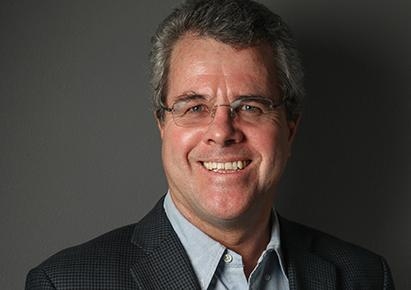Time we behaved like G20 president
Australia's presidency of the G20 is the government's opportunity for some real foreign policy achievements. But to do this, Tony Abbott needs to start running with the ball, writes Ross Buckley.
Australia's presidency of the G20 is the government's opportunity for some real foreign policy achievements. But to do this, Tony Abbott needs to start running with the ball, writes Ross Buckley.

OPINION: Australia currently occupies a two-year seat on the UN Security Council. Most of us know this because our campaign to win the seat attracted so much media attention a year ago. Last Sunday, Australia took over the presidency of the G20. Most of us don't know this because it has attracted so little media attention.
Yet a non-permanent seat at the Security Council is not as important as the presidency of the G20. It is strange what captures the media's attention.
The Security Council has responsibility for the maintenance of international peace and security, which is certainly important. Yet we are one of 15 nations with a vote on it, but not one of the five permanent members that have a right of veto. The G20, on the other hand, is the world's economic steering committee, and the world's most representative, functional national grouping. Without the leadership provided by the G20, the 2008 financial crisis could well have turned into a 1930s-style great depression. The G20 reassured global markets by committing to stimulatory levels of spending.
The G20 stopped the rise of protectionism. The G20 stood between the crisis and a huge economic meltdown. The work of the G20 is continuing. It has spent the five years since 2008 issuing a panoply of financial regulations designed to strengthen and stabilise the global financial system of which full implementation will take another decade.
The G20 comprises 19 nations and the European Union. It was conceived in 1999 to respond to the challenges posed by the Asian crisis of 1997 and was upgraded to a leaders' meeting in 2008 to respond to the global financial crisis. In 2009 the G7 formally handed the reins of the global economy to the G20. The presidency of this organisation for a year matters. So what will it take for Australia to succeed in this role?
The first thing we need to do is accept we deserve a seat at this table. Most Australians preface any remarks about the G20 by noting how lucky we are to be a member. Yet we've earned this seat.
By nominal GDP we are about the 12th-largest economy in the world; by purchasing-power parity, which allows for our high cost of living, we are somewhere closer to 18th. In any event, the world's 20 largest economies were not simply grouped together in the G20 - the selection had a regional element, and we are certainly a very significant economy in our region.
The prefatory put-down is something of a national habit, and one we'd do well to drop.
The second thing we need is for Prime Minister Tony Abbott and Treasurer Joe Hockey to get personally involved right now.
We host the annual leaders' summit in Brisbane next November and finance ministers' meetings in Sydney in February and in Cairns in September. Senior civil servants in Canberra, supported by excellent research by Mike Callaghan and the Lowy Institute in Sydney, have been laying the groundwork for some time.
But we are now at the point where our Prime Minister, in particular, needs to take ownership of Australia's agenda and begin to advance it in telephone conversations and personal meetings with the other relevant national leaders. In other words, our politician-in-chief needs to start building a consensus, playing politics, with his counterparts in other countries.
If the Prime Minister asks for a briefing one month before the Brisbane summit, its outcomes will be plain vanilla. Australia's presidency represents a huge opportunity for Abbott. His prime ministership has begun with him alienating China and Indonesia. The G20 is his chance to turn things around and post some real foreign policy achievements. The presidency is also a significant national opportunity for Australia. But to achieve this, Abbott needs to start running with the ball.
Australia has to decide now what it seeks to achieve from the G20. Our goals should be specific and limited because the G20 of late has suffered from mission creep and overreach.
And our goals need to be ones that Abbott wholeheartedly endorses, because ultimately he will be their principal salesman.
The G20 performed exceptionally well in 2008 and 2009, and since has struggled to satisfy the expectations this early performance generated. It is therefore a grouping at the crossroads. Adroit leadership from Australia could see the revival of its credibility and influence. Disengaged leadership will see the grouping weakened, to everyone's detriment.
Ross Buckley is CIFR King & Wood Mallesons Professor of International Finance and Regulation at UNSW.
This opinion piece was first published in The Canberra Times.

Scientia Professor Ross Buckley